Avison Young Raises Equity for Spec Warehouse in Metro Charleston
Clarius Partners and Wanxiang America Corp. are developing the 225-acre Omni Industrial Campus.
By Scott Baltic, Contributing Editor
Summerville, S.C.—Avison Young has completed what it describes as “a complex equity placement” for a 587,720-square-foot speculative warehouse and distribution center being developed by Clarius Partners in the metro Charleston, S.C., market, Avison Young announced Tuesday.
The spec development is in the Omni Industrial Campus, a 225-acre industrial park in Summerville, S.C., along I-26 just 25 miles from the Port of Charleston. The investor, Wanxiang America Corp. of Chicago, will be Clarius’ partner for the project.
The facility is being built with institutional-quality features, including T-5 lighting, 32-foot clear height, ESFR fire protection, 101 dock doors and 6-inch-thick floors. The building, on a 43-acre site, is scheduled for completion in early 2017.
A site plan on Wanxiang’s website indicates the possibility of the building’s accommodating two tenants, of 223,660 and 364,060 square feet.
Avison Young declined to provide a dollar figure for the project, and Clarius did not respond to a request for additional information. An industry source, however, estimated that on completion a project this type would total about $50 million.
Avison Young principals Erik Foster and Mike Wilson, of the firm’s National Industrial Capital Markets Group, executed the transaction on behalf of Clarius.
The Charleston market has a low industrial vacancy rate and a limited amount of Class A industrial inventory, particularly for tenants that need more than 350,000 square feet, according to Avison Young.
“This is somewhat new territory in the Charleston market, which has not been known in the past as a spec development market, and the project size is larger than many of the typical Charleston projects,” Foster told Commercial Property Executive.
“We were able to understand the historical market fundamentals and the disconnect between the future demand for space and the current inventory,” he added, “and then convey that to equity sources so that they would understand the opportunity going forward.”
So why metro Charleston? Foster explained that it’s “a smaller market with some geographical restrictions that has not seen a tremendous amount of construction historically. The bigger factor at play is that this market has not been seen as a key industrial development market.
“Because of demand from distributors, manufacturers and the lack of supply,” he concluded, “we knew this was changing and that this market would be a good bet moving forward.”

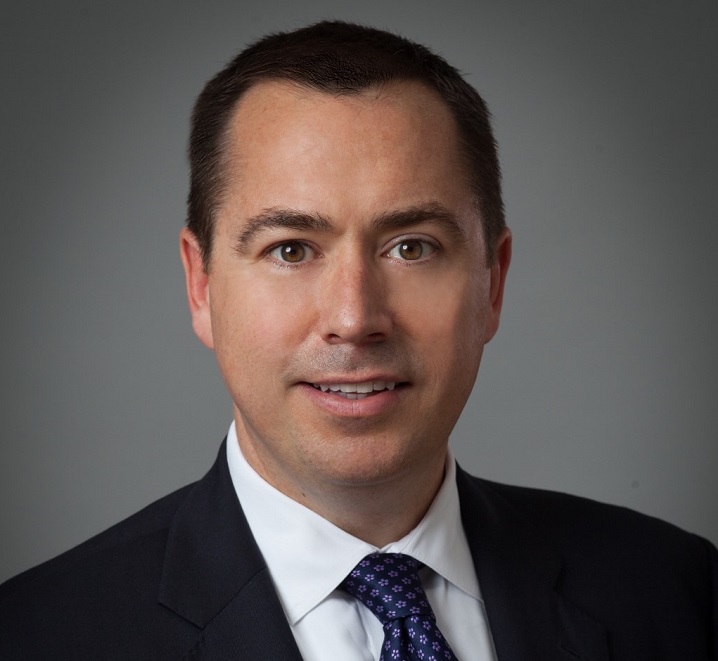
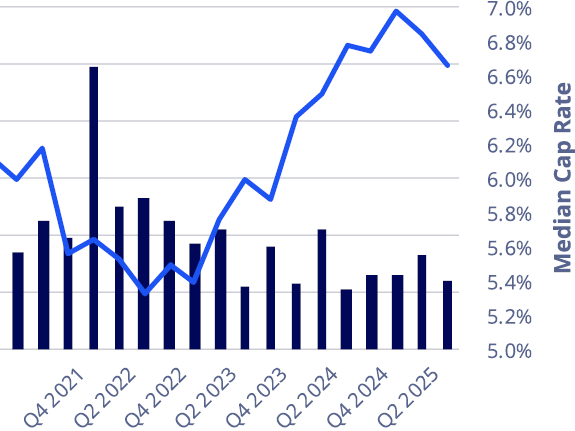
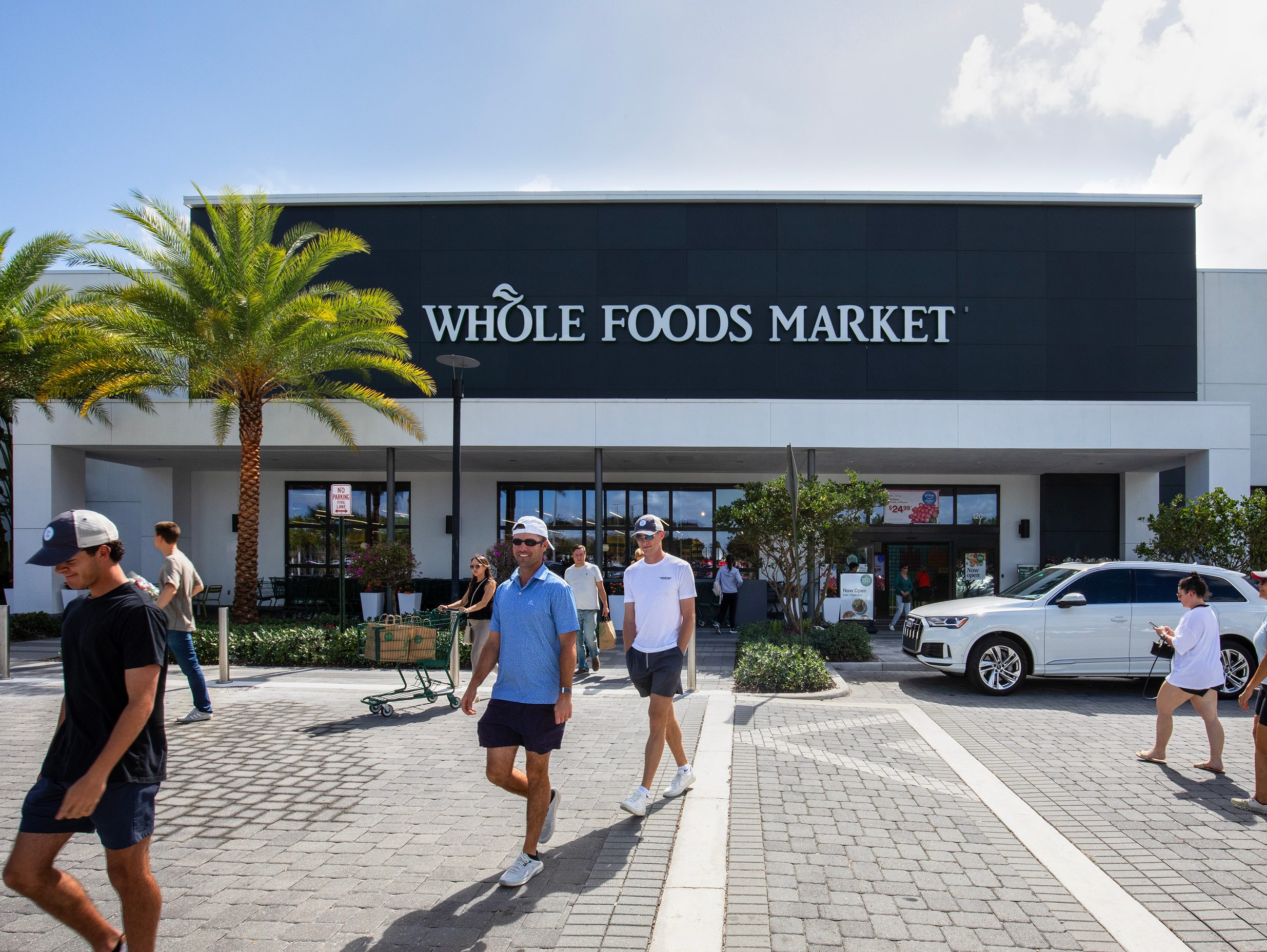
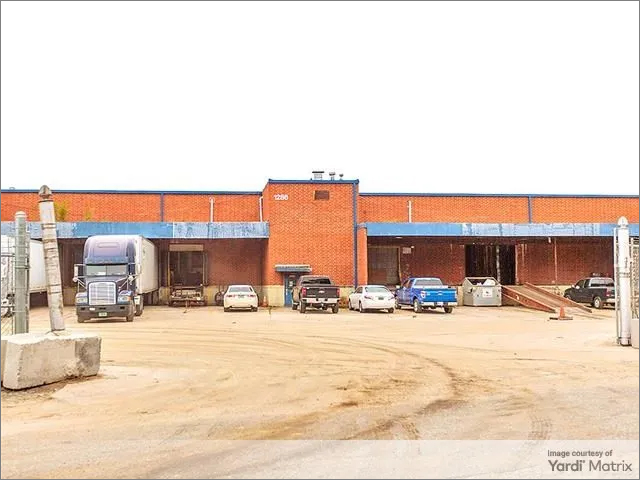
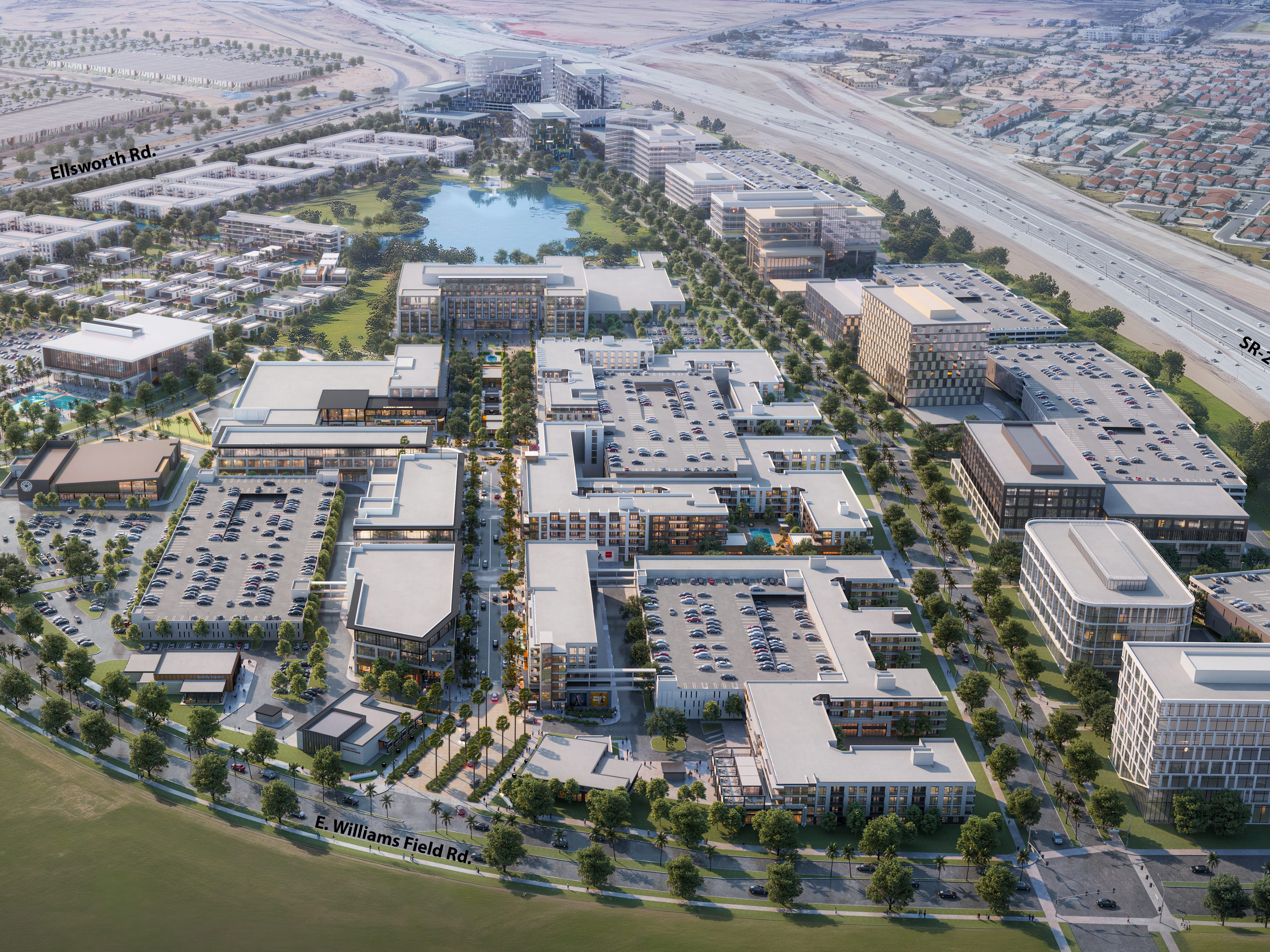
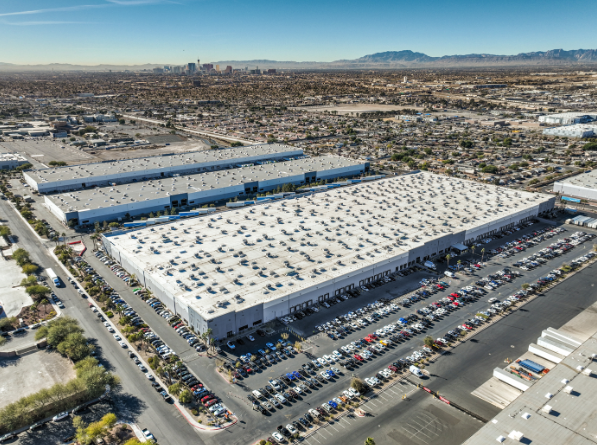
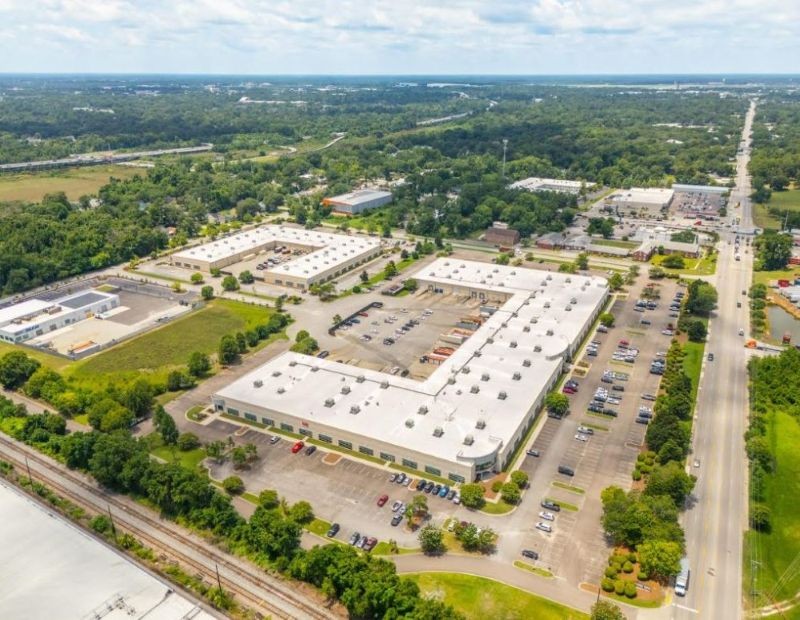
You must be logged in to post a comment.